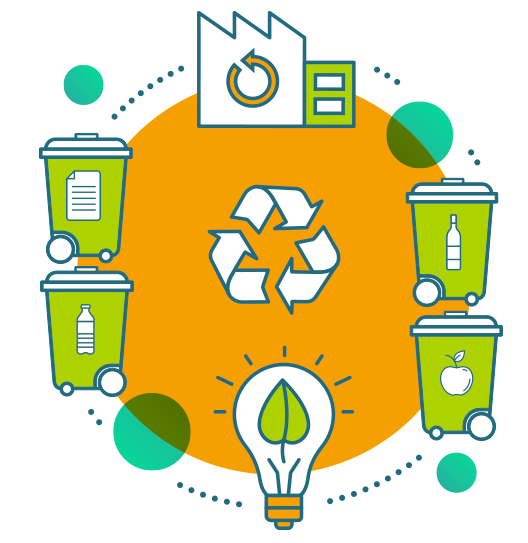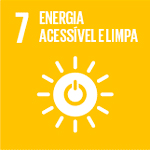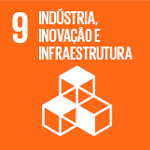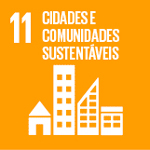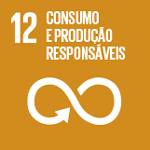SOLID WASTE
Waste must be seen as a valuable asset and an alternative in a scenario of scarcity of natural resources
In the last decades, waste management in the industry has prioritized the efficiency of production processes and the use of modern equipment to reduce its generation. Reuse and recycling have become consolidated in the day-to-day activities of companies.
Initiatives such as eco-efficiency and cleaner production are gaining more and more space. Programs that connect different companies for the use of waste and by-products from one industrial sector as input for other production chains are gaining prominence by aligning economic and environmental interests.
For CNI, the Brazilian National Solid Waste Policy (PNRS) of 2010 was an important regulatory milestone, enabling waste management in the industrial sector to take a step forward.
Two important innovations brought by the law were: shared responsibility for the product life cycle, which brings together manufacturers, importers, distributors, traders, consumers, and holders of urban cleaning and solid waste management public services around waste generation and disposal; and the recognition of reusable or recyclable solid waste as an asset with economic value.
The economic use of waste, more than a necessity in the current scenario of scarcity of natural resources, is an opportunity to open new markets in sectors such as machinery, equipment and packaging.
This vision to the future implies treating waste not only as an inefficiency of processes that cannot be eliminated, but as a resource that has value and can be used in the industry in a circular logic, where everything is thought to be reused and recycled.
The focus now is to think about the life cycle of products and packaging, aiming to cause the least possible environmental impact, reduce costs in the production chains, and meet the legal requirements imposed on the performance and its final destination.
Currently, the country's biggest challenge is the unfolding of PNRS regulations. CNI works in the articulation for the creation of feasible regulations, as well as in addressing issues related to economic incentives, which could enhance the application of this policy in the industries' processes.
Some of the industry's proposals for the efficient and effective implementation of this legal framework are: the creation of simplification rules and dispensation of solid waste management plans for micro and small companies; the institution of economic instruments to unburden and stimulate the recycling chains and the productive sectors obliged to reverse logistics, including the collectors' cooperatives and outsourced service providers; and the federal regulation of reverse logistics for packaging in general for all types of materials.
Key messages
Waste is a valuable resource that must be managed in a circular logic. The economic use of waste, more than a necessity in the current scenario of scarcity of natural resources, is an opportunity to open new markets.
Energy recovery is a sustainable alternative for the destination of non-recyclable waste. In addition to producing cheap and available energy, it contributes to climate protection by replacing fossil fuels, which would otherwise be burned, in conventional plants.
CNI is the main organization representing Brazilian industry. Its challenge is to increase the competitiveness of Brazilian industry by influencing the policy environment. To this end, it engages in policy dialogue with Congress, the federal government and the judiciary.

Customer Service
(61) 3317 9989
(61) 3317 9992
CNI - Headquarters Brasilia
SBN - Quadra 1 - Bloco C
Ed. Roberto Simonsen
Brasília - DF CEP 70040-903
(61) 3317 9000
(61) 3317 9994 (Fax)
São Paulo Office
Surubim street, 504 - Brooklin Novo
São Paulo - SP CEP 04571-050
CNI - Phone. (+55 11) 3040 3860
IEL - Phone. (+55 11) 3040 3370

